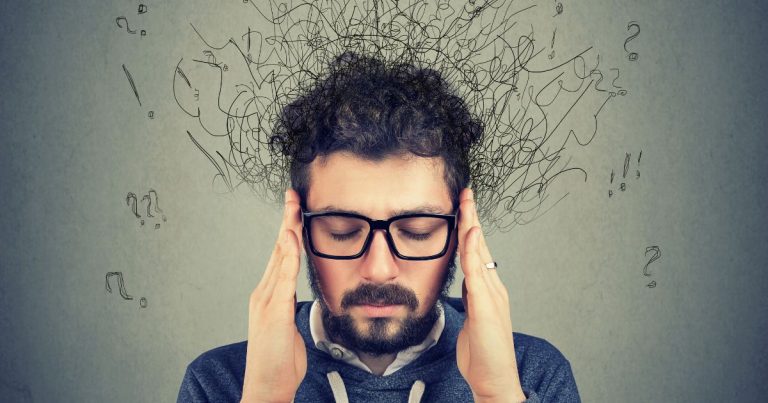As World Mental Health Day is today, we take a closer look at music performance anxiety and the two main therapies used to treat it.
Barbra Streisand famously didn’t step foot on stage for 27 years because of music performance anxiety (MPA) and she’s not alone. MPA affects up to 25% of musicians* and in some cases is so debilitating people quit the industry altogether.
To learn more about the disorder, the Singing Teachers Talk podcast spoke to clinical psychiatrist David Juncos.
MPA symptoms
David explains that the symptoms of MPA can be:
- Physiological (racing heart, shortness of breath, shaking or sweating).
- Cognitive (worry about making a mistake and consequences of making a mistake).
- Affective (feelings of dread, despair or shame).
- Behavioural. The behavioural category is split into two subsets: anxious behaviours (fidgeting, blinking) and avoidance behaviours (avoiding auditions and practice, choosing unchallenging repertoire or missing rehearsals).
Avoidance behaviours are particularly relevant to singing teachers as these more subtle symptoms can appear in the singing studio.
“When training teachers, I teach them to be on the lookout for avoidance behaviours and distress because they are red flags,” David says. “If you see them, you know this is the problematic case, and you probably want to make an intervention with that person.”
Cognitive Behavioural Therapy (CBT)
CBT is a therapy used to treat MPA and focuses on reframing or changing negative thought patterns.
Acceptance and Commitment Therapy (ACT)
ACT is a mindfulness-based therapy that encourages people to change the way they relate to anxious thoughts rather than eliminate them.
“It teaches you to cut down on efforts to get rid of thoughts you don’t like, and instead to coexist with them peacefully,” David says. “It’s about learning to create a neutral relationship with anxiety so that you’re not in an adversarial tug-of-war with your thoughts.”
CBT versus ACT
David tends to use ACT with his clients because it creates “psychological flexibility”. He says: “ACT is values-based. Once you’ve got the mindfulness and acceptance-based skillset under your belt, you can ask: ‘what do we want to do here?’.
“If you can identify what you value as a performer and translate it from this big nebulous thing into concrete behavioural action, you can insert that into your performances. You’re leading yourself towards your valued aims and valued ends.
“There is a growing research pool that suggests ACT seems to be a better behavioural enhancer, leading to higher performance ratings than CBT.
“On the other hand, CBT is a very good symptom reducer within clinical anxiety studies. If you’re a musician who just wants to reduce your symptoms of MPA, then maybe CBT would be a better fit.”
How to help students
There are six processes within ACT. The process that David thinks is the easiest and fastest to implement is defusion.
Psychologists use the term fusion to describe what happens when we get so caught up in a negative thought we become disconnected from everything around us. Defusion is used to create distance between those thoughts.
One defusion technique is to preface a thought with the words ‘I noticed’. David explains: “So you might say ‘I noticed the thought that I’m going to make a big mistake in my audition tomorrow. I noticed the second thought was, what are people going to think?’.
“If you get in the habit of doing this, you start to notice your thinking rather than blindly reacting to it. It enables a flexible behaviour response so that you can move more freely with these thoughts present. You can see them for what they are.”
How to help students
Listen to the full interview with David on the Singing Teachers Talk podcast. In the show, he goes into more depth about MPA and who is more susceptible to it.
If you’d like to explore MPA training, keep an eye on the Voice Study Centre website for upcoming MPA short courses. David also recommends getting Mental Health First Aid training.
*Fishbein et al., 1988; van Kemenade et al., 1995; James, 1997




